VENICE – Two restless teenagers decide to run away together but do it by camping out on the roof of the boy’s rich father’s hilltop villa in Mexican filmmaker Gerardo Naranjo’s effervescent thriller “I’m Gonna Explode.”
Engaging and often funny but always with the suggestion that something could go badly and violently wrong at any moment, the film contains two wonderfully fresh performances by Maria Deschamps and Juan Pablo di Santiago (pictured) as the teenagers and an infectious score by Georges Delerue.
Bound to do well in Spanish-language territories, the film could also find receptive audiences in other markets. Its young stars, along with second-time director Naranjo, will no doubt be heard from again.
Roman (Di Santiago) is a right-wing congressman’s son who rebels against just about everything. He calls his sketch in the school revue “See You in Hell” and fakes his own hanging. He has a passion for guns and the early scenes suggest that he’s keen to use them.
Maru (Deschamps) is a schoolmate from a middle-class family, an introverted misfit who can’t understand why she doesn’t fit in and isn’t sure she wants to. Impressed by Roman’s cavalier ways, she falls for him and responds eagerly when he reveals his plan.
Roman’s father and mother meet in the house below with various aides and commence a frantic search in the belief that the boy has kidnapped Maru. Frightened of a violent outcome, the politician refuses to alert the police, especially as the teenagers send misleading messages about where they have gone. The grownup scenes, however, are played mostly for laughs.
Meanwhile, the youngsters are ensconced happily in a tent on the roof, slipping down to the house for food and supplies, including a barbecue and DVD player, when the house is empty.
Naranjo uses narration, mostly by Maru, to place the events in the past with the suggestion all along that the kids’ prank ends in misadventure so taking pleasure in the pair’s fun has an undercurrent of foreboding.
The conclusion is the least satisfying element of the film but along the way, the energy of the two young leads and the bright way Naranjo tells his story make it a winning tale.
Venue: Venice International Film Festival, Horizons; Cast: Maria Deschamps, Juan Pablo di Santiago, Daniel Gimenez Cacho, Rebecca Jones, Martha Claudia, Moreno; Director, screenwriter, producer: Gerardo Naranjo; Director of photography: Tobias Datum; Production designer: Claudio Castelli; Music: Georges Delerue, Zoot Woman, Bright Eyes; Costume designers: Annai Ramos Maza, Amanda Carcamo; Editor: Yibran Asuad; Producers: Pablo Cruz, Hunter Gray, Alain de la Mata; Production: Canana; Sales: Elle Driver; Not rated; running time, 106 minutes.
This review appeared in The Hollywood Reporter.

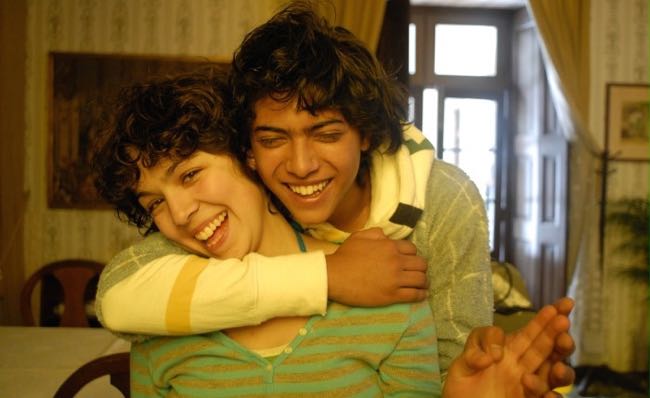

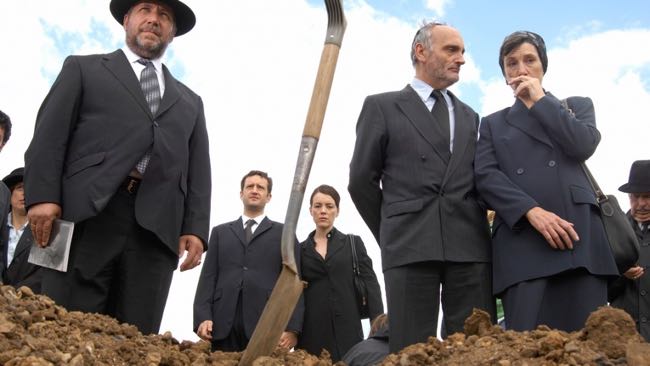
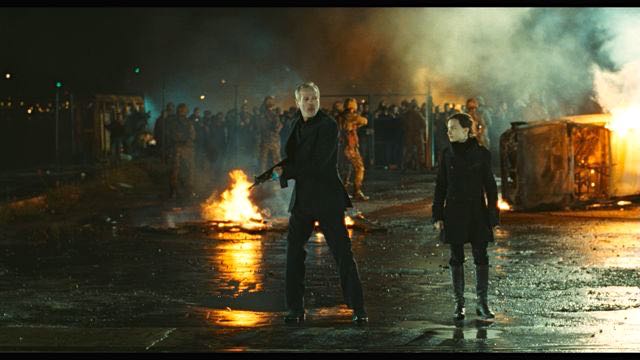
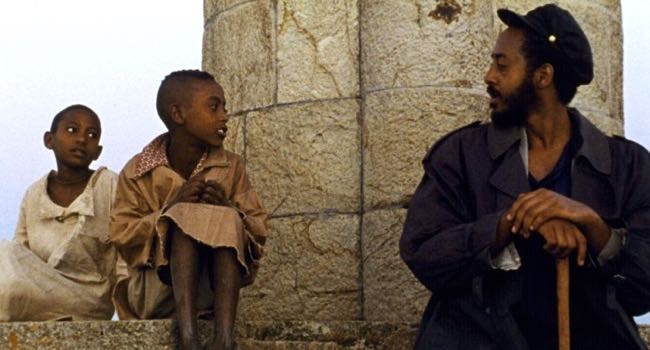
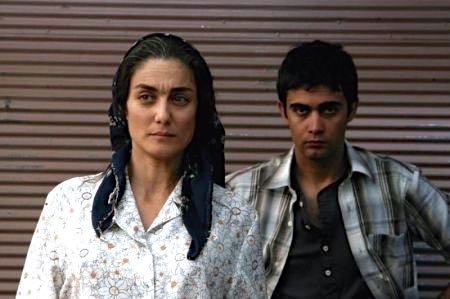
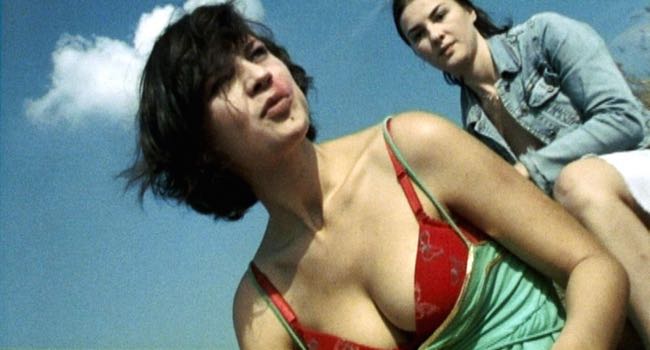
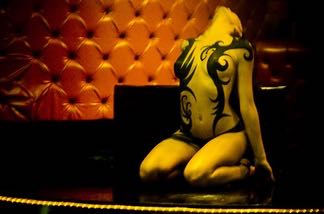

VENICE FILM REVIEW: Coen Bros’ ‘Burn After Reading’
VENICE – When Randy Newman was writing the score for the Mel Gibson western “Maverick,” director Richard Donner asked him if he could write some funny music. “Funny music? What’s funny music?” asked Newman. “I could stick a trumpet up my ass and blow it that way, if you think that’s funny.”
It’s too bad Carter Burwell didn’t say that to the Coen Bros. as his frantic and overbearing score to their lazy new movie “Burn After Reading” shows every sign of trying desperately to be funny.
It’s one more disappointment in an unfunny blackmail caper that involves assorted Washington nitwits. The Coens show that even accomplished performers such as George Clooney and Frances McDormand (pictured), John Malkovich, Brad Pitt and Richard Jenkins can be made to look like over-acting amateurs when filmmakers are too self-satisfied and smug to care.
Some critics have have given the film which debuted in Venice and will now play at the Toronto International Film Festival, a bye as it’s the Coen Bros. But anyone who rates “Raising Arizona” as one of the best film comedies of the last 50 years, as I do, or has fondness for “The Big Lebowski” or even “The Hudsucker Proxy,” as I do, will wonder if the Oscar hasn’t gone to their heads. This film looks as if it was written in haste and filmed with utter disdain for the pair’s many loyal fans.
Venue: Venice International Film Festival; Cast: George Clooney, Frances McDormand, Brad Pitt, John Malkovich, Tilda Swinton, Richard Jenkins, Elizabeth Marvel, J.K. Simmons; Writers, directors, editors, producers: Ethan and Joel Coen; Director of photography: Emmanuel Lubezki; Production designer: Jess Gonchor; Music: Carter Burwell; Costume designer: Mary Gophers; Executive producers: Tim Bevan, David Diliberto, Eric Fellner, Robert Graf; Production: Focus Features presents, in association with StudioCanal, Relativity Media, Working Tirle, Mike Zoss Productions; Running time, 96 minutes.